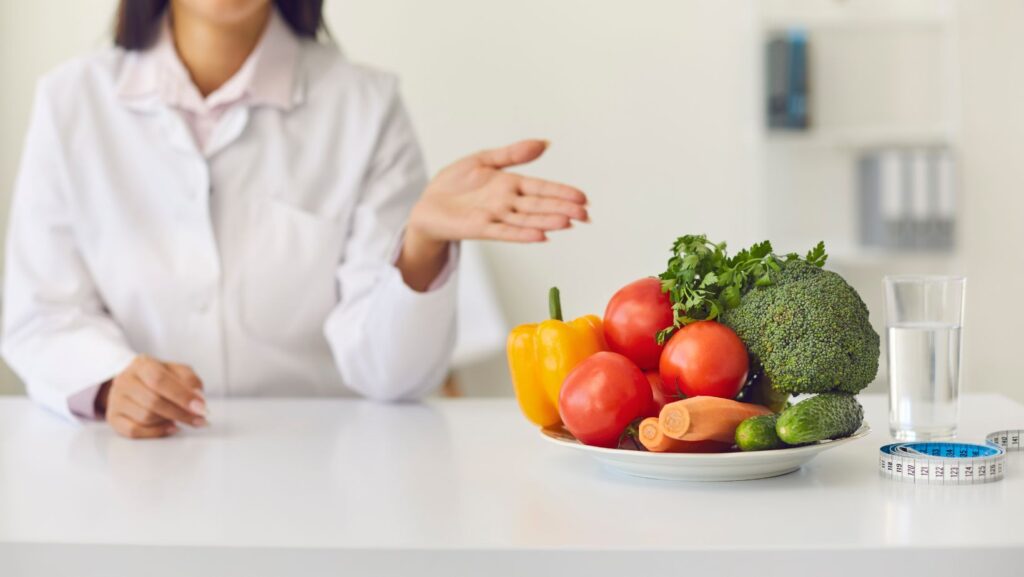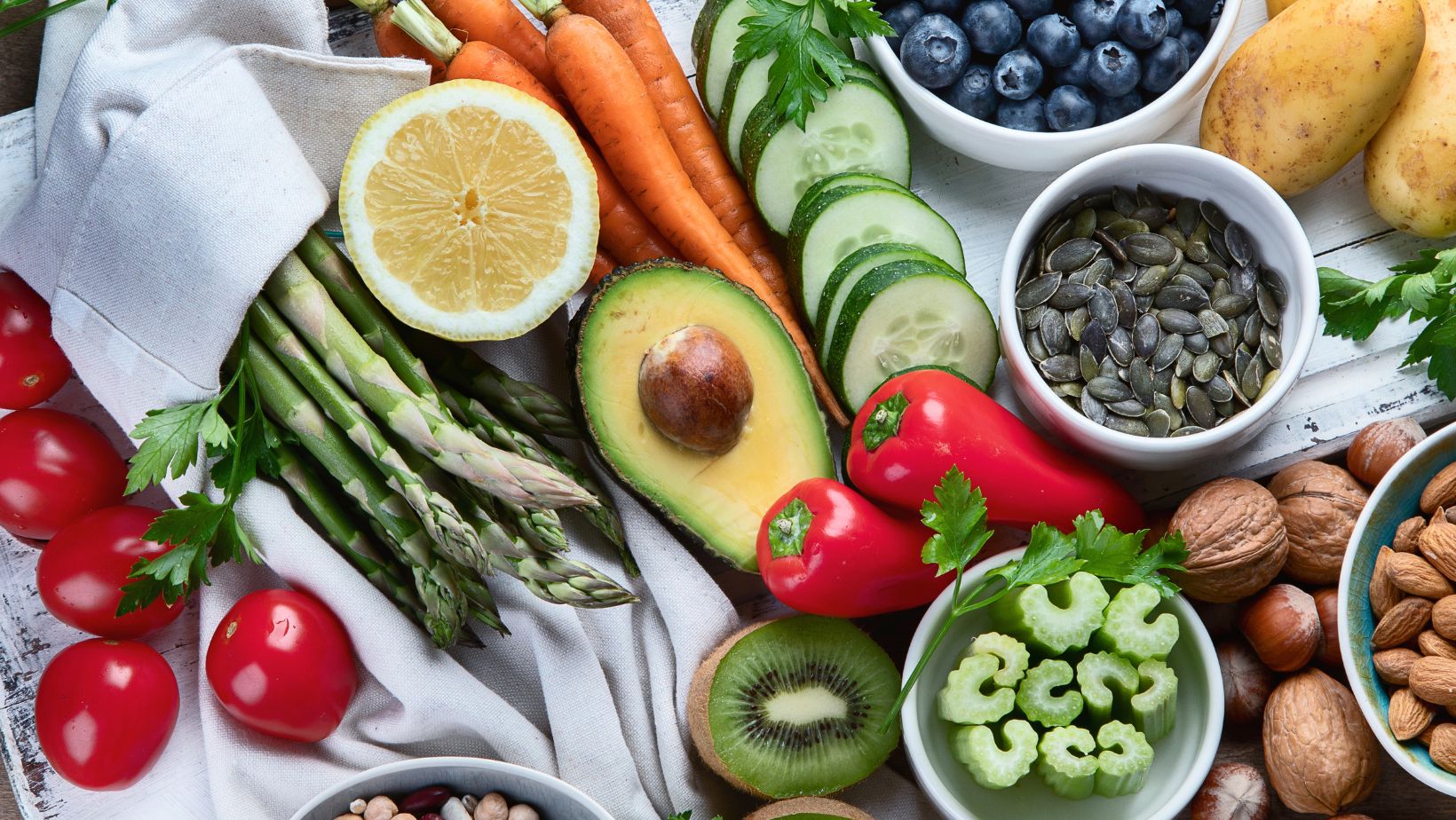
Eating well during early sobriety is one of the most powerful things you can do to support your recovery. Whether you’re just beginning detox or a few weeks into treatment, the right foods can help heal your body, stabilize your mood, and give you the energy to stay focused on sobriety.
At recovery centers across the U.S. including right here in places like North Carolina, Georgia, and Tennessee nutrition is now being integrated into treatment programs as a core piece of the healing process. But what exactly should you eat when you’re getting sober?
Let’s break it down.
Why Nutrition Is So Important in Recovery
Substance use, whether it’s alcohol, opioids, meth, or benzos takes a serious toll on the body. Many people in early recovery are dealing with:
- Low energy
- Mood swings or depression
- Digestive issues
- Poor sleep
- Nutrient deficiencies (especially B vitamins, magnesium, zinc, and amino acids)
The body needs time, rest, and the right nutrients to recover. A healthy diet can help:
- Rebuild neurotransmitters like serotonin and dopamine
- Repair damaged tissues
- Support better sleep and energy
- Reduce cravings and emotional triggers
What to Eat During Addiction Recovery
You don’t need a trendy or restrictive diet. What you do need is real, whole food, on a consistent basis. 1. Whole Foods Are Your Friend
The goal is to eat nutrient-dense meals that keep your blood sugar stable and help your brain heal. That means plenty of:
- Fresh vegetables and fruits – for vitamins, fiber, and antioxidants
- Whole grains – like brown rice, oats, or quinoa to provide steady energy
- Lean proteins – such as eggs, chicken, fish, legumes, and tofu
- Healthy fats – including nuts, seeds, avocado, olive oil, and salmon
These foods support both your physical recovery and your emotional well-being. 2. Eat Regularly, Don’t Skip Meals
Hunger and low blood sugar can feel just like cravings. Eating every 3–4 hours helps regulate your mood and prevent energy crashes that can lead to relapse.
Try not to skip meals, and aim for a balance of carbs, protein, and fat at each one. 3. Heal Your Gut
After long-term drug or alcohol use, your digestive system may be out of balance. Focus on gut-healing foods like:
- Greek yogurt, kefir, and other probiotics
- High-fiber fruits and vegetables
- Plenty of water (aim for 8+ cups a day)
- Supplements Can Help but Use Caution
While food should come first, some supplements may support your recovery, especially in early stages. Talk to your doctor or a licensed dietitian about adding:
- A B-complex vitamin
- Magnesium
- Fish oil (omega-3s)
- Vitamin D
Everyone’s Needs Are Different, so Don’t Self-Prescribe.
What to Limit or Avoid
Recovery is about progress, not perfection, but some foods can make healing harder. Try to cut back on:
- Refined sugar – causes blood sugar spikes and mood crashes
- Caffeine – can worsen anxiety and disrupt sleep
- Highly processed snacks or fast food – low in nutrients and high in inflammatory ingredients
If you struggle with cravings for sweets or caffeine, don’t be too hard on yourself, just aim to slowly shift toward more balanced options.
Sample Day of Eating for Recovery
Here’s a simple example of how to eat throughout the day:
Breakfast: Oatmeal with berries and walnuts
Snack: Hard-boiled egg and a piece of fruit
Lunch: Grilled chicken, brown rice, and sautéed vegetables
Snack: Greek yogurt with honey
Dinner: Baked salmon, roasted sweet potato, and steamed broccoli
Nutrition and Mental Health Go Hand in Hand
In early sobriety, your relationship with food might feel complicated. Some people gain weight in recovery. Others deal with emotional eating. That’s completely normal. What matters is developing a new, supportive relationship with food, not turning it into another source of stress.
Consider meeting with a nutritionist or therapist who understands addiction recovery, or joining a treatment program that includes meal planning and nutrition support.
Food Is Medicine in Recovery
There’s no “perfect” diet, and you don’t have to change everything overnight. But adding just a few healthy meals into your week can make a huge difference in how you feel, physically, emotionally, and mentally.
If you’re attending treatment at a facility like Southeastern Recovery Center in North Carolina or looking for support from a sober living community in Asheville, ask about how nutrition fits into your recovery plan. At Southeastern Recovery Center, drug and alcohol rehab is fully covered by aetna insurance, cigna insurance, blue cross blue shield, and more. The body has an amazing ability to heal, especially when you feed it well.













